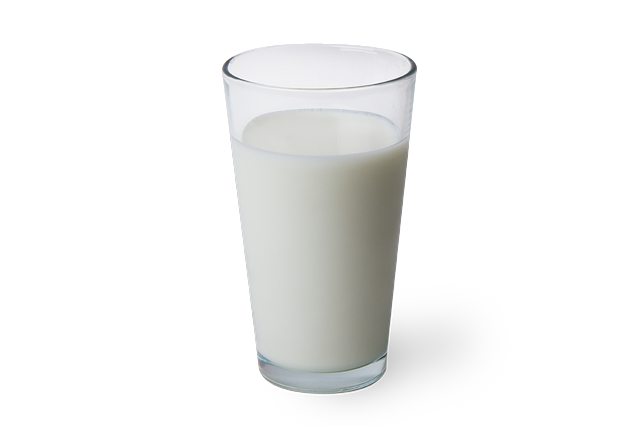The consumption of milk, and more generally of all dairy products, interferes with the intestinal absorption of some antibiotics, limiting their effectiveness.
In particular, the association between dairy products and tetracyclines should be avoided (antibiotics that are less used today in therapy for drug-resistance problems); In fact, these drugs have chelating activity, that is they are strongly bound to calcium (but also to iron and magnesium), including that present in bones and teeth. For this reason, if taken during pregnancy or childhood, tetracyclines may give problems of bone malformations and yellow staining of the child's teeth. The problem also arises for ice cream and fortified foods enriched with calcium, magnesium and / or iron, and for the supplements that contain them.

On the other hand, milk is advisable in subjects receiving lithium antipsychotics for the treatment of bipolar disorder; in this case the association is positive because it reduces the frequency of gastric disturbances. Even in the users of NSAIDs, it is advisable to take these drugs on a full stomach or with milk to reduce their gastric effect.
As far as soy milk is concerned, a possible risk of reduction of warfarin anticoagulant activity has been reported, with consequent increase in the risk of thrombosis.
Enjoy the vote and reward!
Thank you
I use almond milk. I'm eating cereals as I write this post.